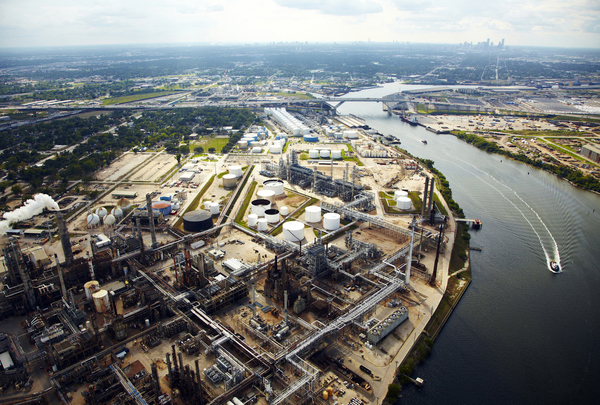Americas Market Update 24 Apr 2024
Americas bunker prices have mostly gained with Brent, with the notable exception of Los Angeles' declining LSMGO price.
 PHOTO: Port of New York. Getty images
PHOTO: Port of New York. Getty images
Changes on the day to 08.00 CDT (13.00 GMT) today:
- VLSFO prices up in Houston ($16/mt), Balboa ($11/mt), New York ($10/mt), Zona Comun ($8/mt) and Los Angeles ($3/mt)
- LSMGO prices up in Balboa ($23/mt), Houston ($20/mt) and New York ($9/mt), and down in Los Angeles ($19/mt)
- HSFO prices up in Los Angeles ($13/mt), Houston ($12/mt), New York ($11/mt) and Balboa ($7/mt)
Los Angeles’ LSMGO price has countered general market directions and dropped in the past day with pressure from two lower-priced firm offers. LSMGO price has increased by $21/mt in Vancouver, located further up the North American west coast. Despite the price rise, Vancouver's LSMGO is still trading at a $21/mt discount to Los Angeles' LSMGO.
Availability of all grades is tight in the West Coast ports of Los Angeles and Long Beach. Some suppliers are able to offer VLSFO and LSMGO stems in Los Angeles, with lead times of more than seven days.
Bunker operations are going smoothly in the Galveston Offshore Lightering Area (GOLA) today. But wind gusts of up to 31 knots are forecast to hit the region on Friday, which could cause prolonged delays and disruptions again, a source says.
Similarly, bunker operations have been running smoothly in Zona Comun amid conducive weather conditions. Suppliers are now working to clear backlogs caused by recent weather disruptions.
Brent
The front-month ICE Brent contract moved $2.08/bbl higher on the day, to trade at $88.34/bbl at 08.00 CDT (13.00 GMT) today.
Upward pressure:
Brent futures extended gains amid growing concerns about an escalation of geopolitical tensions in the Middle East.
“The possibility of further escalation [of tensions] in Eastern Europe and the Middle East remains a key factor driving upside risks in the oil market,” SPI Asset Management’s managing partner Stephen Innes said.
The US House of Representatives voted in favour of a foreign aid bill for Ukraine and Israel. The bill also includes a provision to broaden the current sanctions against Iranian oil.
This bill, which will be passed onto the US Senate and presented to President Joe Biden, “provides for US sanctions on foreign ports, vessel owners and operators, and entities that “knowingly” engage in the transportation, trade or refining of Iranian oil,” Vandana Hari, founder and market analyst at VANDA Insights said.
Brent futures also gained after the American Petroleum Institute (API) reported a decline in US crude stocks. Commercial crude inventories in the US declined by 3.23 million bbls in the week ended 19 April, according to the API.
A decline in US crude stocks indicates that oil demand is improving in the world’s top oil-consuming nation.
Downward pressure:
Downside risk factors acting on oil prices include the possibility of an increase in supply in the global oil market led by non-OPEC producers like the US, with its shale producers continuously ramping up drilling efficiency, analysts said.
Internal conflicts between the OPEC+ coalition could also prompt certain members to release its spare capacity, they added.
“Tensions within the [OPEC+] cartel persist, leading to voluntary cuts by certain members,” Innes said. “The UAE has expressed eagerness to ramp up production. The unity of the cartel largely depends on Saudi Arabia's willingness to continue shouldering a significant portion of the cuts,” he added.
By Debarati Bhattacharjee and Aparupa Mazumder
Please get in touch with comments or additional info to news@engine.online

Contact our Experts
With 50+ traders in 12 offices around the world, our team is available 24/7 to support you in your energy procurement needs.





